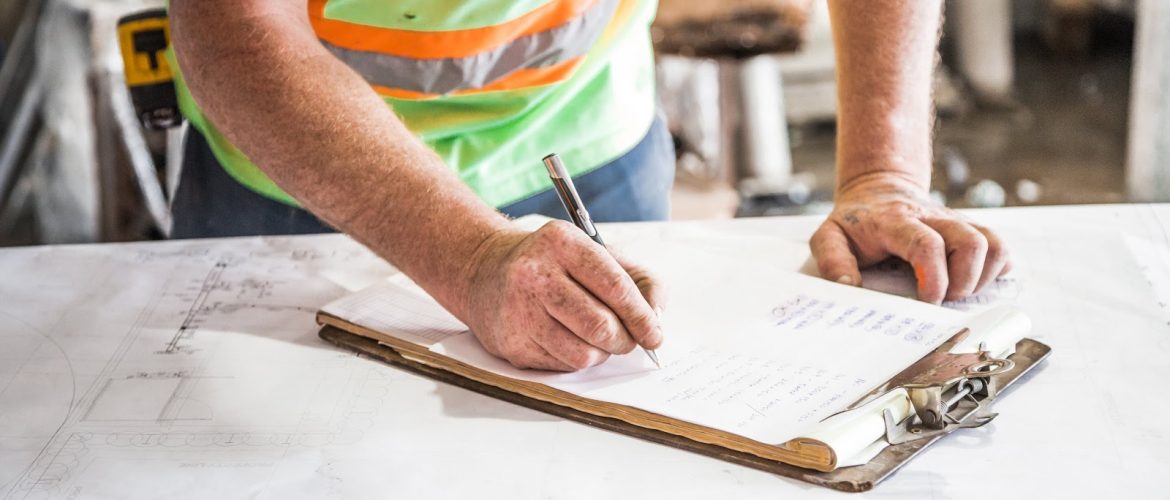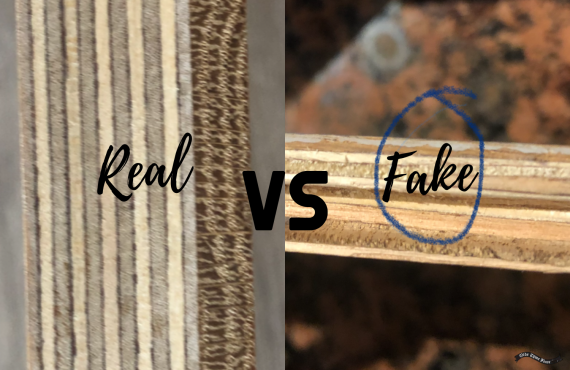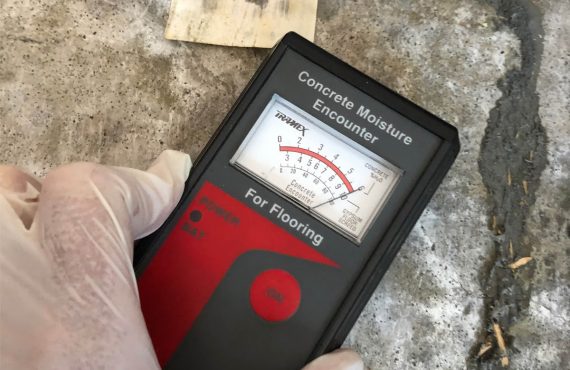Part 1: The Main Differences and How To Check for a License
So you’ve finally decided that it’s time to renovate your home and improve the overall ambiance by installing new hardwood flooring? Thanks to their simple maintenance, resistance to staining and damaging, and above all to their beautiful and classy looks, hardwood floors are the most popular flooring type these days. But, in order to obtain the maximum value of soon-to-be your brand new hardwood floor, you must not rush and think well about your next steps. Obviously, your first move is to find the right installer for doing the job.

Which One to Go With?
First of all, it’s important to define what it means to be a contractor. A contractor isn’t just your neighborhood handyman with a toolbox, but a skilled coordinator of renovation or installation project, with a team of professionals who do the onsite work. However, not all contractors have a C-15 License, so the first criteria in choosing the right contractor should be whether or not they are licensed.
Warranty protection
There are many advantages of working with a California License C-15 Contractor, but probably the most important is the fact that you’ll keep risks to a minimum. By working with licensed contractors, you’re always protected, as you have an automatic warranty that covers not only materials but labor as well. That being said, if the contractor makes a mistake in the installation process, or the used materials are faulty, then the contractor’s bonding company is required by law to compensate the homeowner.

However, it’s strongly recommended that you actually look up the contractor’s license yourself. Many unlicensed contractors lie and say they are licensed when in fact they are not, so don’t hesitate to look up the license. Contractors that have a C-15 license would gladly show it to you. As for those who are caught in a lie – well, you don’t want to work with a contractor when all trust is gone.
On the other hand, if you hire unlicensed contractors, you won’t be covered by these assurances, so even though at first you may think you got yourself a great bargain, it’s a big risk and you won’t be protected if something fails. And most often it would. You never know what can go wrong, especially if you get an offer that’s too good to be true.
Quality
Thanks to poor installation and cheap materials, most likely you’ll be pouring money into a bottomless pit trying to fix the problems with your floor since you won’t get any insurance compensation. After the initial great feeling of a bargain, soon you’ll realize that it was actually much more expensive to go with the unlicensed contractor and that it would be much smarter, better and cheaper option to choose the contractor with a license.
Another problem with Unlicensed contractors is they are unreliable. Sometimes they don’t get paid even if they do a good job because it’s actually against the law to get paid, regardless of the quality of the work, and some people take advantage of it. That’s why some unlicensed contractors who actually do a good job are not paid, and this inability to insist on being paid causes them to decrease the quality over time.
However, with licensed contractors you are sure of the final outcome, as the National Wood Flooring Association requires contractors with their license to attend additional courses every year so they will always have up-to-date skills. NWFA also obliges the contractors to do the job according to their quality standards, giving the customers an extra feeling of security. With all this in mind, the final decision is entirely up to you, but you don’t have to be a genius to see the right choice here.
If a worker gets injured on site – you’re to blame!
Workplace injuries are rather frequent, and it’s something that can’t be predicted. Injuries happen and that’s normal, especially with the people who work in the installation, maintenance and repair business.
Since unlicensed contractors don’t have workers’ compensation insurance, you, as a homeowner, are legally held responsible if some work injury or other on-site health problem occurs. With licensed contractors, however, that’s not the case. You just sit back and wait for the job to be finished, care-free.
How to check for a license
And by now, you’re probably wondering: “Ok, I get the point, but how do I know if a contractor is licensed”? Well, you can simply check at the CSLB Website and enter the Companies’ name, contractors License Number or the name of the person. There’s a list of all of the licensed contractors at the CSLB website, so you can search for your contractor on this link.
Now that we covered the main reasons why to opt for a licensed contractor, you’re ready to make a decision! If you choose a licensed contractor, you’ll definitely make the right choice as you won’t be risking anything – you’ll be covered with warranty if something goes wrong!
And how to deal with a problem and get what you’re entitled to? Well, the next article in the series covers that part! Read on and learn how to get what’s yours if something goes wrong!
Also, check the following video that talks about the main differences between Licensed and Unlicensed contractors and why it is the right choice to opt for the one with a license.












No comments yet.